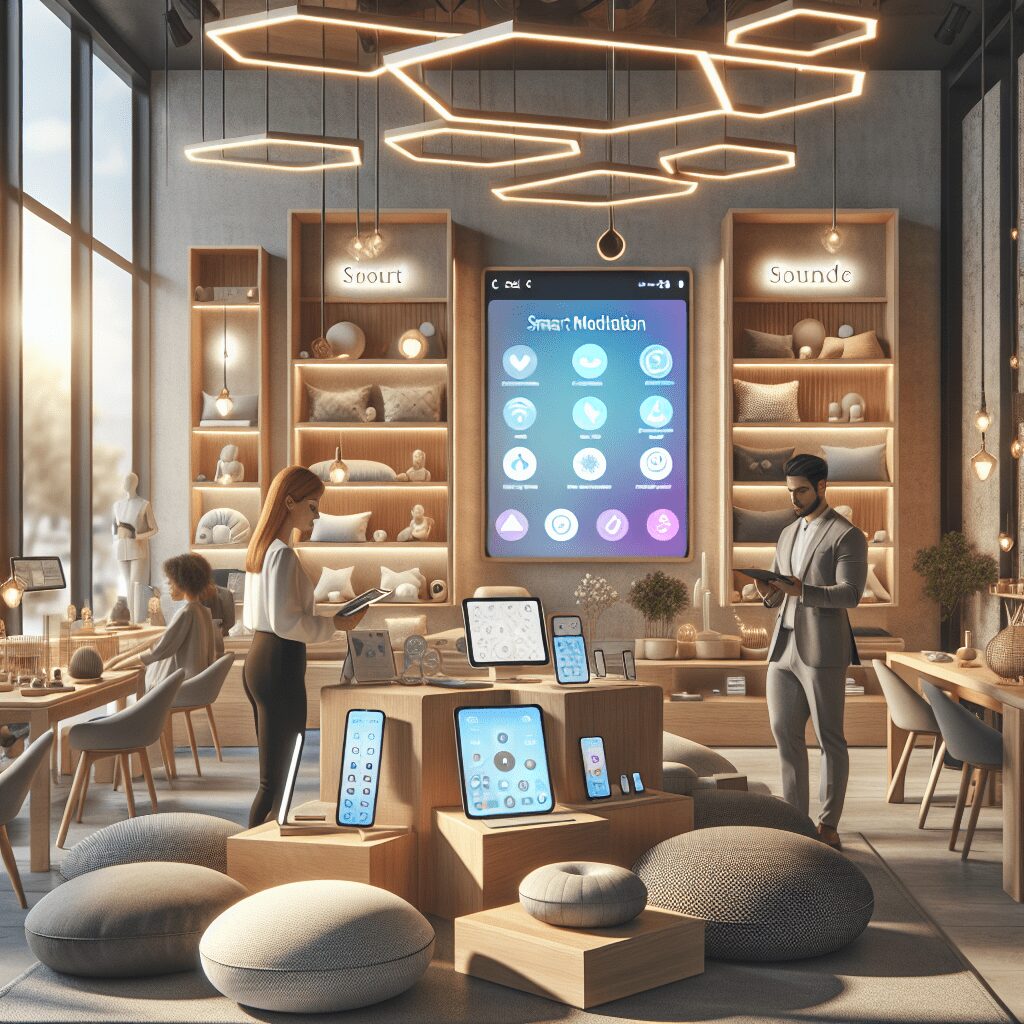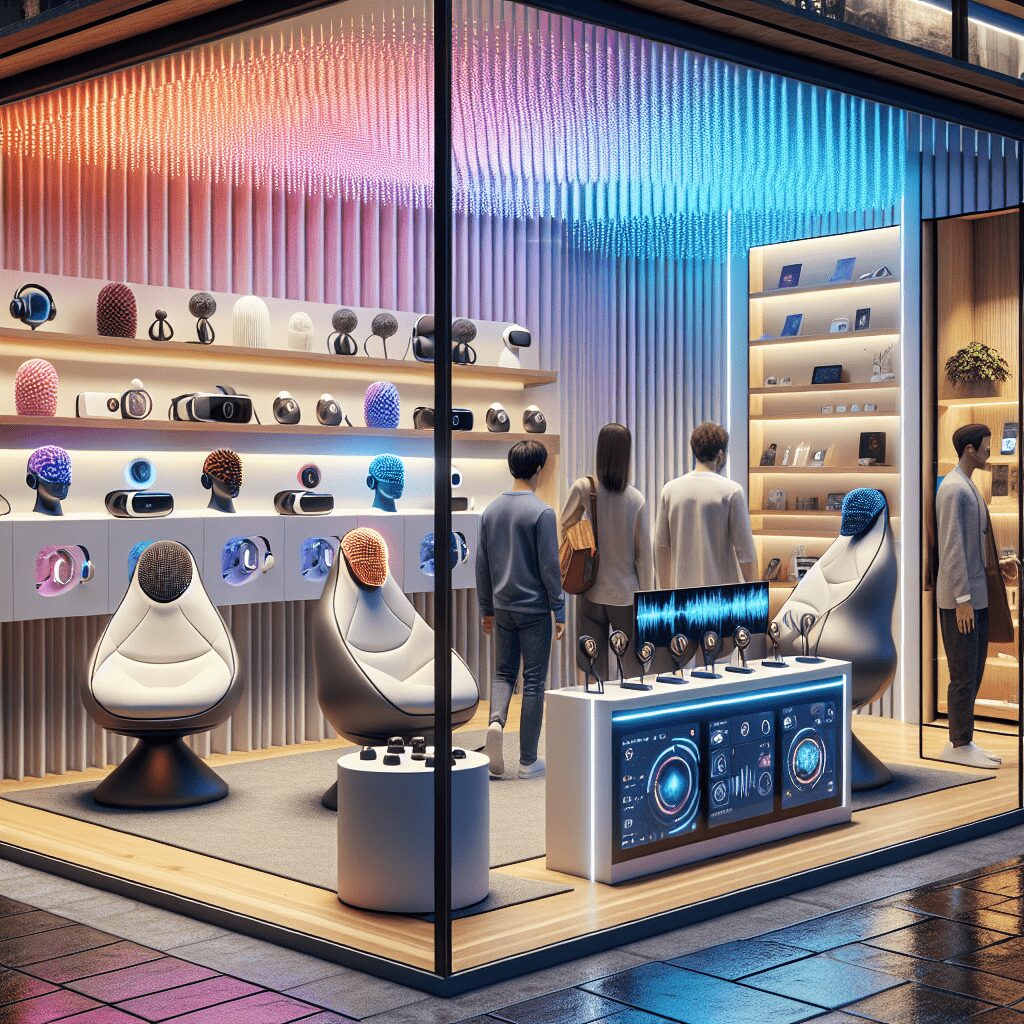
Prioritize your mental well-being daily. Enhance your life by nurturing your mental health with the Smart Meditation app. Break free from stress, alleviate anxiety, and enhance your sleep quality starting today.
Can Caffeine Cause Anxiety Attacks?
Unwrapping the Caffeine Conundrum: Can It Really Jumpstart Anxiety?
Ah, caffeine – that invigorating substance many of us rely on to kick-start our day. Whether it’s the aromatic allure of a freshly brewed coffee or the fizzy zest of a cola, caffeine has nestled itself into the heart of our daily routines. But here’s the kicker: While it’s zapping us into alertness, could it also be tweaking our nerves towards anxiety?
The Buzz Behind the Buzz: How Caffeine Works Its Magic (And Mayhem)
To get to the bottom of this, let’s first dive into how caffeine does its dance in our bodies. Acting as a central nervous system stimulant, it blocks adenosine – a neurotransmitter that relaxes the brain and makes you feel less alert. So, when caffeine puts adenosine in the backseat, it pumps up your alertness but may also crank up the dial on anxiety levels for some folks.
Here’s the skinny on how this plays out:
-
Increased Heart Rate and Blood Pressure: Just like a car revving its engine, caffeine accelerates your heart rate and can raise blood pressure, sensations that mimic the body’s response to anxiety or stress.
-
Jitters and Restlessness: Ever felt like you’re buzzing after a cuppa too many? That’s caffeine stirring up restlessness and physical jitters, often confused with the onset of an anxiety attack.
-
Disrupted Sleep Patterns: Tossing and turning at night? Caffeine’s long-lasting effects can mess with your zzz’s, leading to sleep deprivation – a notorious accomplice in the crime against calm.
So, while a moderate amount might just be the pep in your step, overdoing it could inadvertently set the stage for an anxiety showdown.
Navigating the Jittery Terrain: Moderation is Key
Fear not, coffee lovers and tea enthusiasts, it’s not all doom and gloom. The trick lies in striking that delicate balance, ensuring caffeine is your ally, not your adversary. Here’s how you can keep your caffeine consumption in check while steering clear of anxiety’s grip:
-
Know Your Limits: Everyone’s tolerance varies. For some, even a small amount can send anxiety levels soaring, while others may cruise through a couple of cups unscathed. Pay attention to your body’s signals.
-
Timing is Everything: Avoid caffeinated beverages close to bedtime. Embrace herbal teas or decaf versions to cozy up with in the evenings.
-
Stay Hydrated: Caffeine has a diuretic effect, so make sure to guzzle plenty of H2O to maintain balance.
-
Diversify Your Energy Sources: Instead of reaching for another cup of joe, consider alternative energy boosters like a brisk walk or a power nap. Often, these can rejuvenate your senses without the side effects of caffeine.
In essence, while caffeine can, indeed, be an unwelcome catalyst for anxiety in some individuals, understanding and moderating its consumption can help keep the jitters at bay. So the next time you’re hovering over that espresso machine, remember – a mindful approach might just be the missing link in harmonizing the caffeine-anxiety tango.





